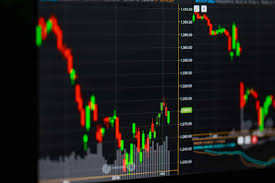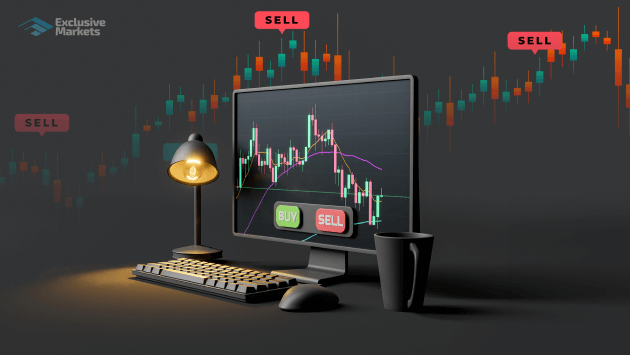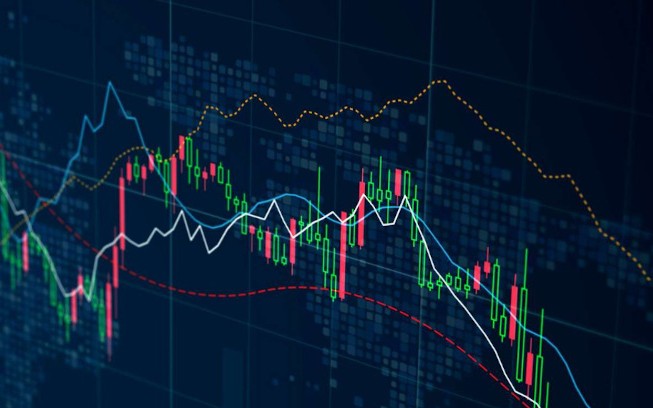Mastering Forex Trading Practice Unlocking Your Trading Potential
Amoxicilina y Péptidos en el Culturismo: Lo que Necesitas Saber
2. November 2025Situs Slot Gacor Terbaik yang Wajib Anda Coba
3. November 2025
Mastering Forex Trading Practice: Unlocking Your Trading Potential
Forex trading can be an exhilarating yet challenging endeavor. To succeed in this fast-paced market, one must familiarize themselves with the intricacies of trading currencies. A solid forex trading practice is essential to help traders build skills, develop strategies, and manage risks effectively. For those looking to gain insight and tips from reliable sources, forex trading practice Qatar Brokers offers valuable resources for navigating the forex landscape. This article delves into various facets of forex trading practice, providing you with insights and steps to enhance your trading skills.
The Importance of Forex Trading Practice
Practice is integral to mastering forex trading. Much like learning a musical instrument or a new language, repetition and continuous learning create a solid foundation. Through consistent practice, traders can identify their strengths and weaknesses, fine-tune strategies, and adapt to varying market conditions. Whether you are a novice or an experienced trader, understanding the significance of practice will substantially influence your performance.
1. Building Fundamental Knowledge
Before diving into practice, traders must establish a strong grasp of fundamental concepts, including currency pairs, pips, lots, and leverage. Familiarizing yourself with these terms lays the groundwork for effective trading. Moreover, understanding how economic indicators impact currency fluctuations is crucial. Regular practice fosters a deeper comprehension of these dynamics, empowering traders to make informed decisions.
2. Using Demo Accounts for Practical Experience
One of the most effective ways to practice forex trading is by utilizing demo accounts offered by various brokers. These accounts allow you to trade with virtual currency, simulating real market conditions without the risk of financial loss. Through demo trading, individuals can experiment with different trading strategies, test their responses to market changes, and gain hands-on experience without the stress of real money at stake.

3. Developing a Trading Plan
A well-defined trading plan is essential for successful forex trading. This plan serves as a roadmap, outlining your trading objectives, risk tolerance, and criteria for entering and exiting trades. By continuously refining your trading plan through practice, you’ll develop a clear understanding of what works best for your trading style. Regularly reviewing your plan and outcomes enhances your ability to adapt and optimize future strategies.
4. Analyzing Market Trends and Patterns
Effective forex trading hinges on the ability to analyze market trends and identify patterns. By practicing chart reading, studying historical data, and using technical indicators, traders can gain valuable insights into potential future price movements. Regular practice in analyzing various currency pairs enables traders to refine their analytical skills, which can significantly enhance their overall performance.
5. Risk Management Techniques
Risk management is a critical aspect of successful trading. Learning to protect your capital while maximizing potential profits should be a primary focus for aspiring traders. Practicing different risk management techniques—such as setting stop-loss orders, adjusting position sizing, and diversifying trades—will help you develop a robust approach to protecting your investments. Proper risk management allows you to trade more confidently and avoid emotional decision-making.
Technical vs. Fundamental Analysis
One of the core discussions among forex traders revolves around the preference for technical vs. fundamental analysis. Each approach has its merits and can provide valuable insights at different times. Successful traders often find a balance between using both methodologies.
Technical Analysis

Technical analysis relies heavily on historical price movements, chart patterns, and various indicators to predict future movements. Traders who focus on this approach practice thoroughly analyzing charts and employing multiple tools. Regular practice with technical analysis enhances your pattern recognition skills and familiarity with various indicators, paving the way for more informed trading decisions.
Fundamental Analysis
On the flip side, fundamental analysis centers on economic factors, news releases, and geopolitical events that can influence currency values. Traders who prioritize this methodology will practice interpreting economic data, following trends, and staying informed of global events. Balancing technical and fundamental analysis can provide a holistic view of the market, thereby improving decision-making skills in trading.
The Role of Trading Psychology
A trader’s psychological state can significantly impact their trading performance. Emotions like fear and greed play a vital role in trading decisions. Practicing mindfulness and emotional control through simulated trading scenarios can empower traders to recognize emotional triggers and avoid knee-jerk reactions during trading. Regular practice helps cultivate discipline, patience, and a rational mindset, which are essential traits for successful traders.
Continuous Learning and Self-Improvement
Forex trading is a dynamic field, often characterized by rapid changes and evolving trends. As such, continuous learning and self-improvement are essential. Engaging in regular analysis of your trading history, seeking feedback, and adapting your strategies based on performance are crucial elements of sustained success. Trading communities, forums, and online resources are invaluable for keeping abreast of the latest trends and techniques. Investing time in your education through practice will undoubtedly yield considerable dividends in your trading journey.
Final Thoughts
Mastering forex trading requires dedication, effort, and a solid commitment to practicing consistently. The journey involves not only understanding the intricacies of the forex market but also developing the necessary skills and emotional fortitude to navigate it effectively. By employing various strategies, utilizing demo accounts, and continuously learning, you can elevate your trading game. Ultimately, cultivating a disciplined, informed, and adaptable approach will empower you to unlock your true trading potential and thrive in the world of forex.
